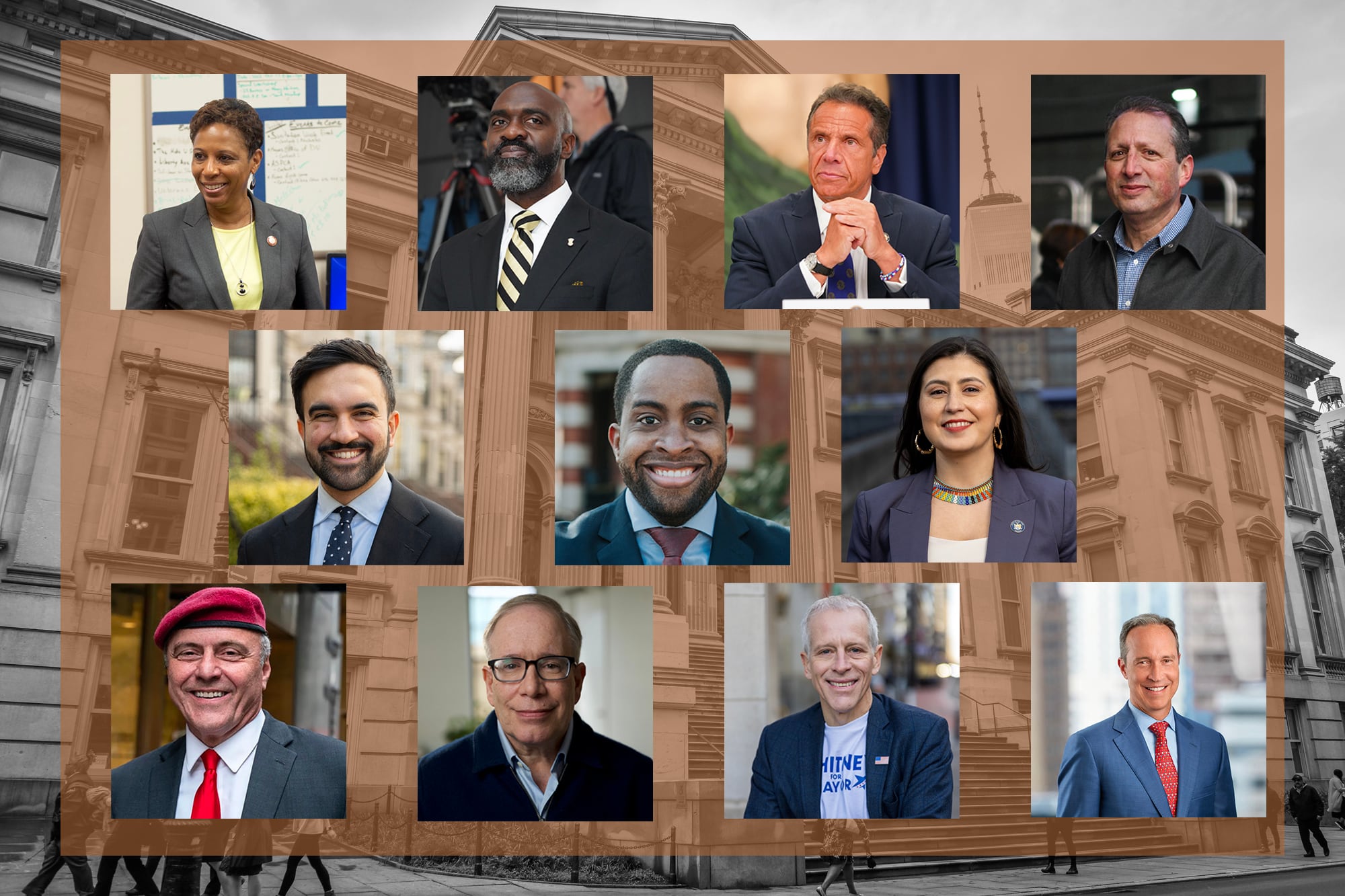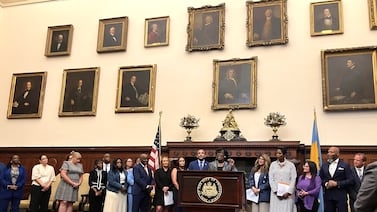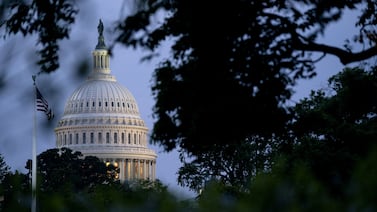Sign up for Chalkbeat New York’s free daily newsletter to get essential news about NYC’s public schools delivered to your inbox.
This is part of a series in which Chalkbeat asked the mayoral candidates questions about important education issues that will likely define the next four years. The primary is June 24, with early voting from June 14-22.
The winner of this year’s New York City mayoral election will step into a role with an unusual level of authority over public schools.
Under the state’s mayoral control law dating back to 2002, the city’s chief executive has almost unfettered control over the nation’s largest school system. The mayor unilaterally appoints the schools chancellor and names the majority of members to the education oversight panel that approves contracts and school closures. The City Council, which acts as a check on the mayor’s power in other areas, has little authority over education policy.
But the controversial governance system will be up for renewal once again midway through 2026, part of a long-running pattern in which the state legislature renews mayoral control for only short stints, turning it into a perennial political football. That means the city’s next mayor will once again be thrust into the debate over whether — and for how long — lawmakers in Albany should extend his or her control over city schools.
Supporters of the governance system, including the city’s past three mayors, say that making one person responsible for the performance of the public school system is the best way to ensure it’s responsive and there’s a clear line of accountability. The previous school board system was rife with corruption and inefficiency, mayoral control supporters contend.
Detractors argue the system is anti-democratic and ties the school system to shifting political winds rather than sound education policy. A 300-page report commissioned by the state legislature and released last year offered no definitive conclusions on the academic effects of mayoral control but sparked some renewed calls to reevaluate school governance.
Many of the current contenders for mayor have taken up the question of mayoral control before — as state legislators, city officials, and governor. But Chalkbeat wanted to know how they would view the question when it’s their own authority over city schools at stake.
Chalkbeat asked the leading candidates how they would address mayoral control as part of a questionnaire on March 25 to find out their views on seven pressing issues. A spokesperson for Mayor Eric Adams said he declined to participate since he isn’t in the primary.
Here’s what they told us about their views on the city’s school governance model.
Responses may have been edited for formatting or trimmed for length, but otherwise each candidate’s answers are as submitted, including hyperlinks.








